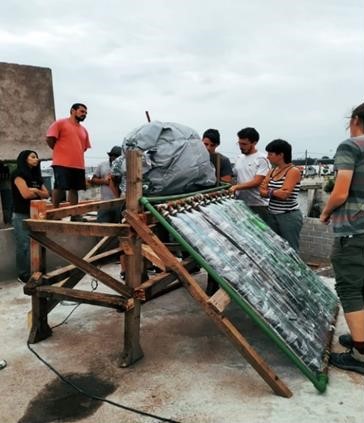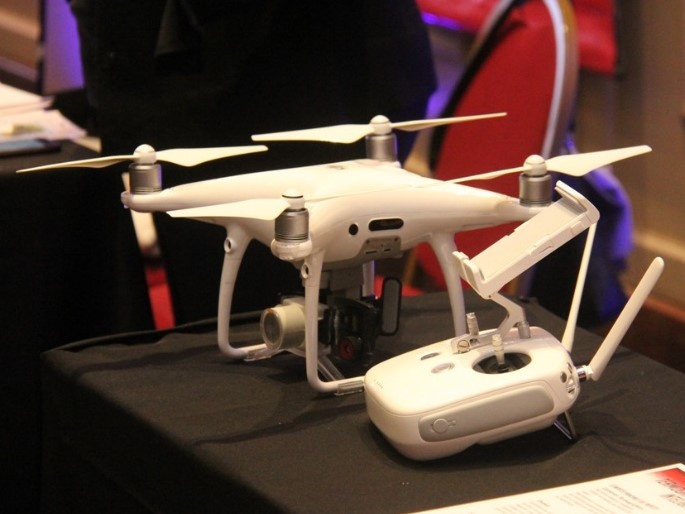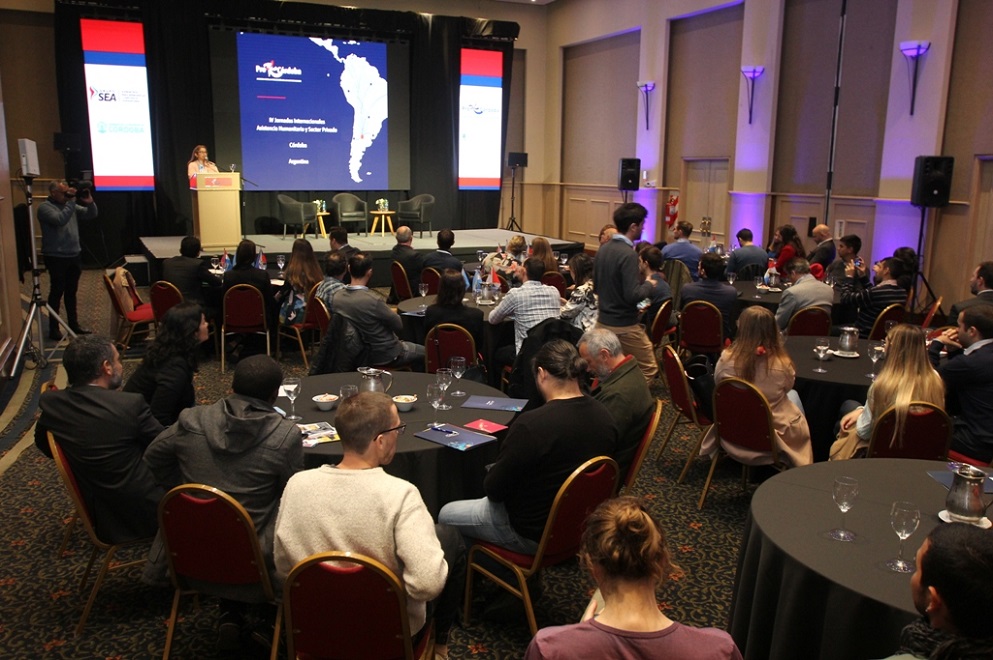
Participants at the exhibition on the Fourth Conference on Humanitarian Assistance and the Private Sector have gained a strong position as potential vendors in the national and international humanitarian market.
The Fourth Conference on Humanitarian Assistance and the Private Sector underscored the importance of having the public, private and non-governmental sectors work together in order to prepare for adverse events such as natural disasters and emergencies, plan how to act in the face of such circumstances, and design solutions to meet the urgent needs that arise from these social and environmental situations. Representatives for both MYDIS Informática and Energías Solidarias talked about the benefits of participating in this networking space, the challenges posed by the humanitarian market when it comes to developing their products, and why they believe their products should be requested by the actors in the national and international humanitarian market.
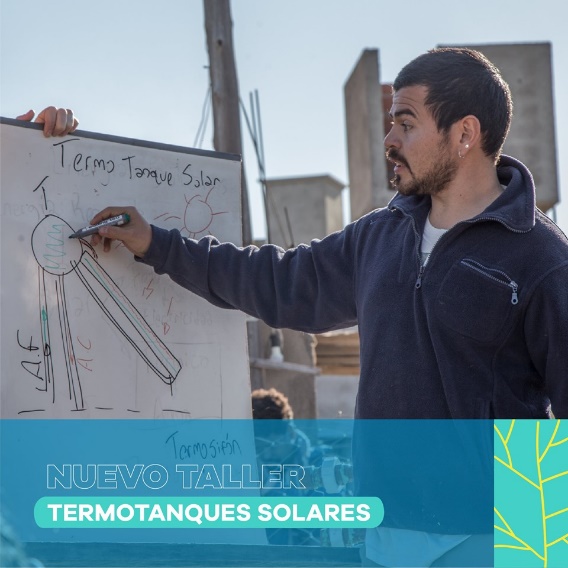
As for Energías Solidarias products, Head of Marketing and Project Management Francisco Furey explained, "The communities we reach have specific social needs that are related to energy issues. Our foundation trains the community in the use of renewable energies and offers the possibility to procure equipment such as solar water heaters (safe hot water), solar lighting, and solar ovens (for cooking) through microfinancing."
Referring to the conference, MYDIS Informática partner Daniel Dupraz added, "These events are extremely useful as a tool to validate our products and services, and focus on clients' needs. The event also allowed us to learn about and understand different global issues and realities. This helps us to re-design and adapt our products based on the needs of other countries. Our expectations have been truly met." Energías Solidarias' Francisco Furey also recognized, "these activities are of the utmost importance for institutions like ours, because they favor connections with other social actors, and allow for the sharing of experiences and knowledge."
For example, Daniel Jean-Louis Bridge Capital's CEO Daniel Jean-Louis, from Haiti, explained how an international organization's donations of bars of soap can adversely affect the national industry, and this raised awareness among Argentine businesspeople of the negative impact a social organization may have in vulnerable communities. The Energías Solidarias foundation, being aware of this and demonstrating its potential for offering sustainability-oriented products and services, can provide various solutions in humanitarian crises. MYDIS Informática can also bring something to the table. Its early-fire detection equipment, which requires less staff to handle, optimizes safety and security tasks and reduces both the cost and human risk associated with personal safety items.
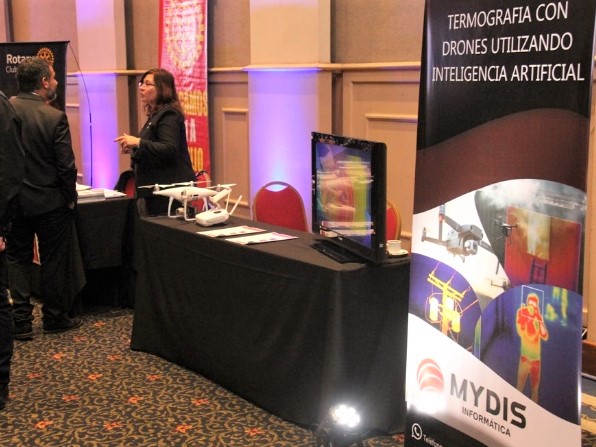
As for the challenges found in the humanitarian market, Furey said, "It comes down to financial and technical resources. We know that all our products exist and will be improved. We have achieved great progress and plan to stay on that path. The most significant challenges, sometimes, are getting the funds to procure different raw materials and hiring professionals specialized in different fields of expertise. We are now looking into a new material called graphene, which produces electricity and is much cheaper than other substances. We are lacking chemical technicians to further the research." For his part, Dupraz singled out other challenges such as "being able to learn more about clients' needs and adapting products to increase their added value." Despite these hurdles for the Energías Solidarias foundation and MYDIS Informática, the institutions' representatives believe that their products have a strong potential to access the humanitarian market.
The Fourth Conference on Humanitarian Assistance and the Private Sector provided the perfect opportunity for firms to become aware of their potential for the national and international humanitarian market. In addition, the networking event has succeeded in raising awareness about the connection that exists between the products and services offered by said firms and social and environmental issues at the national and international levels.
